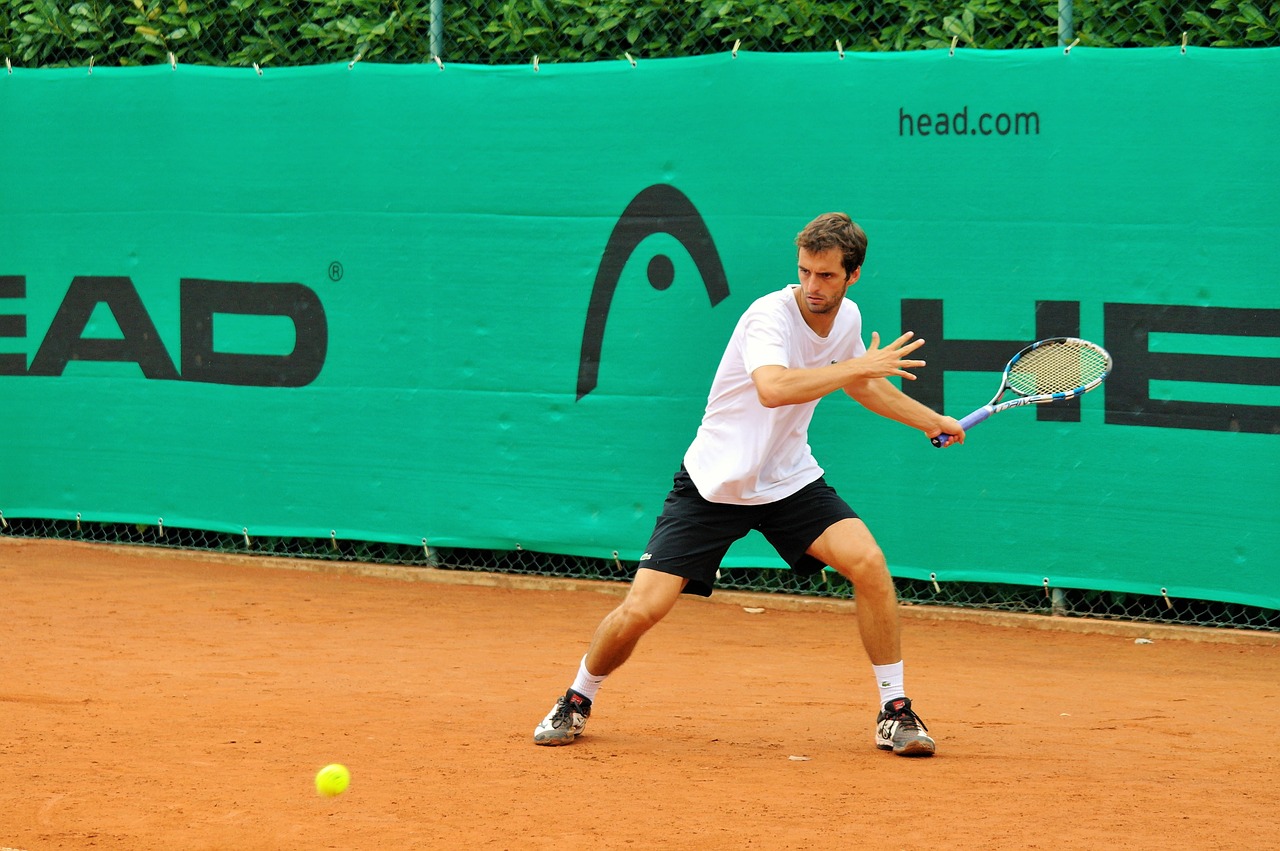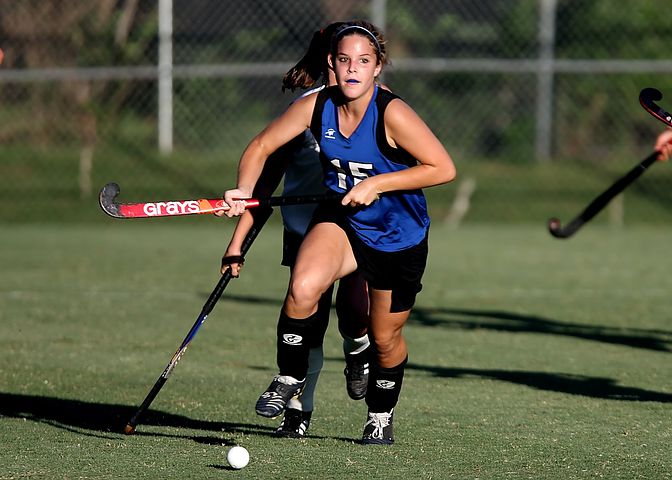How do i know I have a hip injury?
Article Type: Basic, Read time 2 minutes
This is a question that people often ask. The easy answer is, you will struggle on your own to diagnose a hip injury. The hip and groin area is so complex and overlapping, a physiotherapist/sports medicine assessment is really required to diagnose whether the hip joint is the root source of your injury, or whether it is something else, such as the musculature around the hip, or a lower abdominal muscle injury, a pubic bone injury or something else that is causing an athletes issues.
What are the symptoms of a hip injury?
From a symptom point of view, there are numerous things that athletes regularly report in clinic. The normal aggravating factors are a C type pain distribution around the lateral hip area, close to the bony protrusion a lot of people consider to be their hip joint. This is actually your greater trochanter with your hip joint a lot more central over the area where people perceive to be their hip flexor. It is obviously deep and is surrounded by a very tight capsule. Another major symptom is referred groin pain (adductor pain) that worsens with practice/play. Athletes often report a tightness/soreness in their hip groin area and that their hip feels tight. More often than not, this tightness they refer to is a loss of internal rotation which impacts on their ability to change direction.
This is at its worst during a warm up and then gets better. Post activity pain is common. Over time this worsens and half time becomes a problem with stiffening up. Athletes report catching going upstairs, getting in and out of cars, kicking and change of direction. Acceleration decreases and performance is affected.
Psychology of Hip injuries
Athletes with hip injuries are often out of sport for a long time and this affects them in every walk of life. The end line in terms of rehab is not always clear and with missed practice and games comes poor mood and generally feeling down. Athletes in this frame of mind need support from their peers and management. They also need to know there is an end line with this issue and there are people to help them out.





